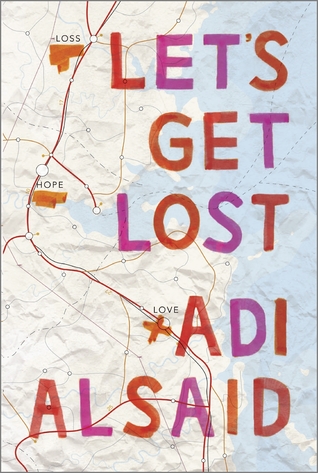I received this book from the publisher in exchange for a honest review. This in no way influenced my opinion of the book.
The Infinite Now is the second novel of Mindy Tarquini and my introduction to this author. The story takes place in 1918, in a Philadelphia that is being destroyed by the influenza flu. Within this historically setting, Tarquini introduces Fiora Vicente. Fiora is an Italian immigrant who recently lost her parents. She now has to navigate the world as an orphan and added to that, she has to deal with her mother's legacy. Fiora's mother was a fortune teller and people now blame Fiora for causing the deaths around them.
The writing of this novel is beautiful. If you're a fond of elaborate setting descriptions, this is the book for you. It is incredibly easy to imagine walking the streets with Fiora in a dark and suffocating Philadelphia. Fiora experiments with magic and 'feels' certain things. While this is compelling as a story element, I didn't always find it that believable. Granted, I'm not a reader for magical stories, but sometimes the descriptions of the magic were just too vague for me to understand what Fiora was going through.
Fiora herself is an incredibly likable main character and I thoroughly enjoyed being on this journey with her. She is well-rounded and though she makes some frustrating decisions, I always understood them. There is also an amazing cast of other Italian immigrants and I really enjoyed how many lived in the same house and how we got an in-depth look at their lives
The one thing I must mention though (and this is a slight spoiler, so don't read the italicized text that follows if you don't want to know - just scroll to the next paragraph!) is my extreme frustration with Fiora's sexuality. I feel like Tarquini wanted to experiment with adding a lesbian character, but then backed out of this decision for the good of the story. Sexuality, even when it's not talked about during a historical time, doesn't just magically disappear. You can't put a lesbian woman with a gay man and suddenly have them fall crazy in love and be straight. I get that this wraps up the story nicely, but no. It's the one aspect of the book I really didn't like.
Back to spoiler-free text! Besides that big thing I just mentioned, the book is an enjoyable one. I would urge people to read the spoiler, because I think a lot of people would really hate that aspect of the novel, but if you're okay with that and love books such as The Night Circus, The Infinite Now will be a very enjoyable read for you.







